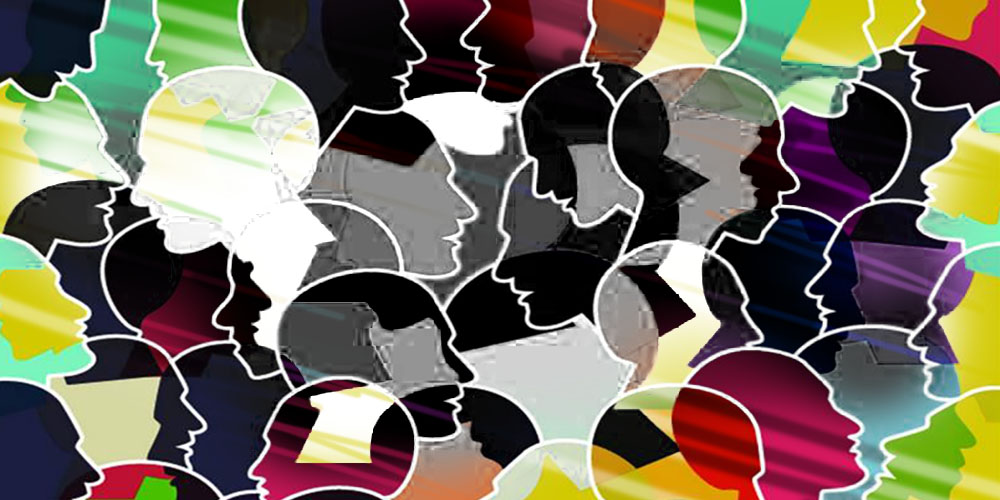Language matters. This applies to all domains of everyday and professional life. From playing and learning right up to communication on the job and in public: We use language to both understand and shape our world. Applied linguists know that everybody does so in many ways, with many languages.
by Daniel Perrin, Dean of the ZHAW School of Applied Linguistics
Whereas applied linguistics is best known in many parts of the world for its work on language learning and teaching, it actually is concerned more broadly with languages, language use, and the social relevance of language.
Identifying and solving problems
Applied linguistics has developed subdisciplines related to fields whose language use is socially significant in specific ways – because it noticeably differs from language use in other fields. Examples of such subdisciplines include organizational, legal, forensic, clinical, and media linguistics.
But why is it socially relevant to investigate the use of language, identify language-related problems, and contribute to solving them? First, this is because the languages we use tell us so much about the worlds in which we use them. And, second, fixing communication problems can help fix societal problems.
Language reflects how we tick
On a micro level, language use may be seen as linking linguistic units in order to produce or understand utterances. On a macro level, however, the way we express ideas in words and understand those words reverberates the way we think as individuals and the way we organize our actions and our surroundings as communities and societies.
People interact primarily through language. In technical terms, the situated activity of language use shapes and is shaped by individuals’ and collectives’ totality of experiences: by social settings such as families, educational institutions, or workplaces; and by contextual resources such as the cultures and societies we live in and contribute to.
Everybody is internally multilingual
People around the globe master the communicative and linguistic challenges of everyday and professional life in several varieties within one language, which has been referred to as internal multilingualism. Technical languages differ from everyday languages within each of the natural languages, such as Japanese or Polish.
We use specific words, build specific sentences, and develop specific genres for specific purposes and domains, such as our family, our work environment, or sport activities. This is why everybody experiences at least this internal variant of multilingualism in their life and why there is no such thing as monolingualism in most people’s real life.
Adding value through languages
Moreover, globalization and digitalization expose more people to linguae francae such as Chinese, English, or Spanish, and make them consider the value of the languages they grew up with. What do I win – and what do I lose – when using a language I lerned only at the age of six, ten, or twenty, no matter how proficient I am?
Individual multilingualism and the social patterns of linguistic diversity – for example, in a particular region – display common characteristics, but are also shaped by local and situational factors. Applied linguistics has developed methods to investigate these patterns and, for example, to explain the value multilingualism adds to organizations and societies.
Understanding to improve
Thus, language is an interface to people’s mental and societal worlds. Knowing how people speak in the various domains of their lives and in their regional contexts helps us understand them. And understanding is the first step towards improvement of our interactions in globalized, multilingual world.
This is worth celebrating. Not only on the International Day of Multilingualism, on 27 March 2020, but throughout the year and throughout our lives.
Find out more about what we do at the ZHAW School of Applied Linguistics
